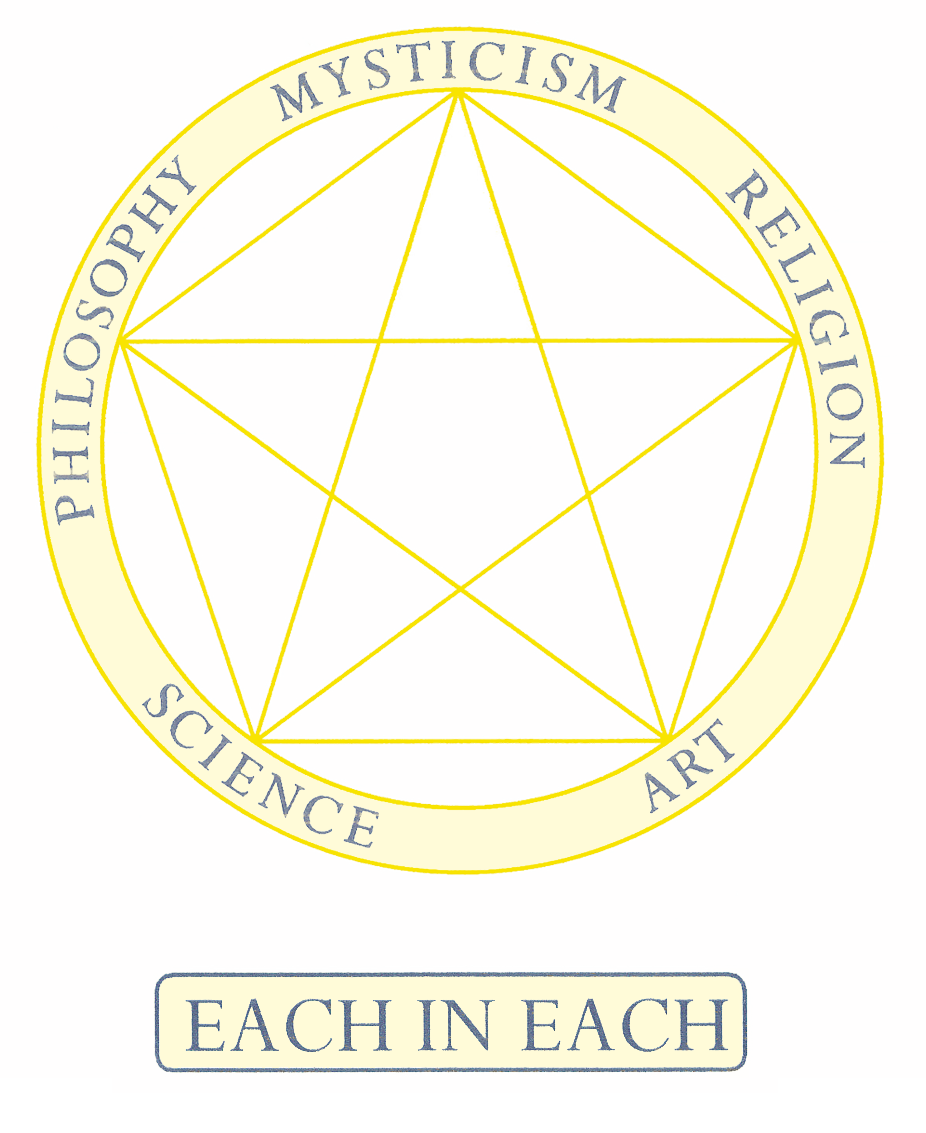The Great Circle is both an exoteric and esoteric organization representing a Teaching based upon the Universal Truth, Beauty and Goodness inherent in all things and beings.
0 Introductory: Instruction On The Existence of Universal Wisdom
I First Open Tablet: Aspiration and Attainment
II Second Open Tablet: Necessity of Right Knowledge
III Third Open Tablet: Joy and Joy Giving
IV Fourth Open Tablet: The Search for Truth
V Fifth Open Tablet: On the Need for Wealth
VI Sixth Open Tablet: Necessity of Right Earnestness
VIIa Instruction on the Principle of Reserve
VIIb Introductory 1st Pledge
VIIIa Instruction on the Universal Brotherhood
VIIIb Inquirer or 2nd Obligation (Pledge)
IX First Post Tablet: On the Importance of Aggregation
X Second Post Tablet: On Relative Values
XI Third Post Tablet: On the Necessity of Action
XII Fourth Post Tablet: Reciprocal Service
XIII Fifth Post Tablet: The Principle of Dignity
XIV Sixth Post Tablet: Adhyapya (Aspirant) or 3rd Obligation
XVa Pre-Recognitory: Terobligates Aspiring to Recognition as Adhyapyas
XVb Second Interrogatory: Form for Simple or Dvitiyin Exposition of Life
XVI Recognitory: Terobligates who are Recognized as Adhyapyas
XVII Post-Recognitory: Recognized Adhyapyas Aspiring to Carakaship
XVIIIa General Instructions
XVIIIb Adhyapya Obligational: Caraka or 4th Obligation
XVIIIc First Almonric




